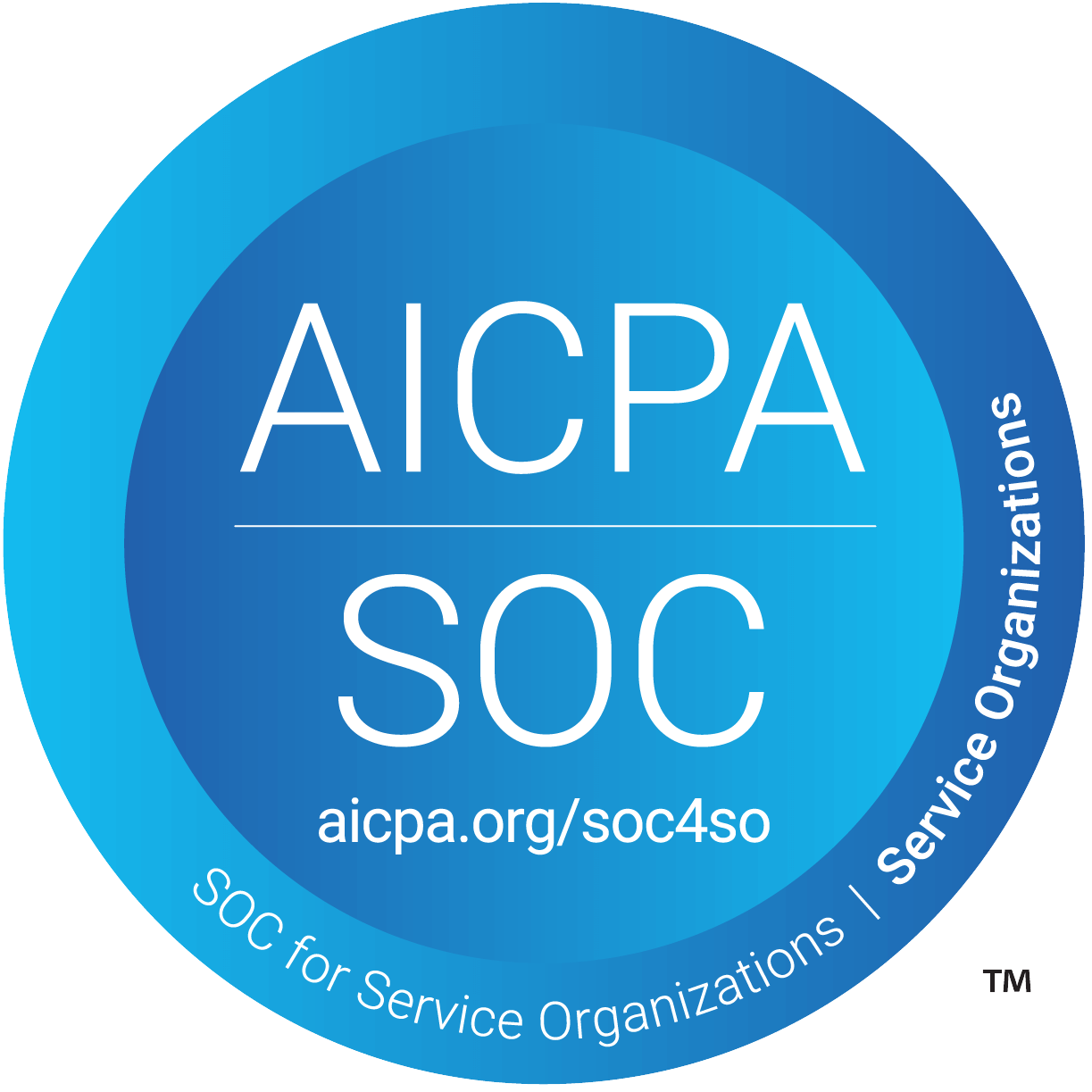A Sales KPI Solution That Turns Data Into Action
TargetBoard connects CRM, forecasting, and finance systems into one unified source of truth so sales leaders gain the clarity to optimize strategies, enhance customer relationships, and drive increased revenue.
Turn Sales Data Into Predictable Growth
TargetBoard centralizes CRM, pipeline, and forecasting data to help sales leaders and RevOps teams track core KPIs like deal velocity, forecast accuracy, win rates, and revenue quality. By unifying sales metrics in one platform, teams get real-time visibility into performance and pipeline health.
Integrates Seamlessly With Your Sales Stack
TargetBoard connects with tools like Salesforce, HubSpot, Gong, and leading forecasting platforms to ensure unified, accurate, and audit-ready KPIs across the entire revenue lifecycle, from first touch to closed won.
‘TargetBoard transformed how we view go-to-market performance by unifying siloed sales and marketing data into a fast, intuitive dashboard that delivers a clear, full-funnel view from lead generation to closed deals.”
Sarah A. - Revenue Operations Lead


Why Customer Success Leaders Choose TargetBoard
.svg)
Out-of-the-Box KPI Catalogs
Predefined frameworks ready
to deploy and customize.
to deploy and customize.

Built for Instant Adoption
From setup to insights in days, no heavy lifting required.

Real-Time Dashboards
Visibility across all systems, always accurate and up to date.
.svg)
Cross-Functional Alignment
Connects teams, metrics,
and outcomes in one shared view.
and outcomes in one shared view.

Governance You Can Trust
Version-controlled KPI logic and audit-ready transparency.
Mastering Sales KPIs
Improve revenue performance by integrating CRM, forecasting, and finance data into a single sales intelligence solution. Accurately track pipeline health, deal velocity, lead quality, sales capacity, and pricing discipline to align your revenue strategy with predictable growth.
Browse Metrics.svg)
Mastering KPIs & Metrics

.svg)
Explore How Other Teams Use TargetBoard AI
Common Questions About Sales KPIs
What are the most important Sales KPIs to track?
The most important Sales KPIs include pipeline coverage, deal velocity, forecast accuracy, win rates, lead quality, sales capacity, average contract value (ACV), quota attainment, and revenue retention. These KPIs help sales and RevOps teams understand how deals progress through the pipeline, identify bottlenecks, and measure the overall health of the revenue engine. Tracking these metrics consistently enables better forecasting, improved sales productivity, and more predictable revenue growth.
How can TargetBoard improve Sales performance?
TargetBoard improves Sales performance by centralizing CRM, forecasting, and finance data into a single source of truth. This gives leaders real-time visibility into pipeline performance, deal progression, conversion rates, and revenue quality. With automated KPIs and audit-ready metrics, sales and RevOps teams can identify risks earlier, improve forecast reliability, optimize rep productivity, and align sales execution with revenue targets. TargetBoard removes manual reporting, enabling teams to focus on strategic actions that drive performance.
Which Sales tools does TargetBoard integrate with?
TargetBoard integrates with tools like Salesforce, HubSpot, Gong, and leading forecasting platforms. These integrations ensure that pipeline data, deal insights, activity signals, and financial metrics stay consistent and accurate across systems. By unifying these tools, TargetBoard provides a fully connected view of sales performance from top-of-funnel engagement to closed revenue.
What if our Sales systems aren’t listed?
If a system isn’t listed, TargetBoard can typically connect through custom integrations, or APIs. Our implementation team works closely with your RevOps and IT teams to map your sales process, unify your data sources, and ensure every KPI flows into the platform accurately. This ensures complete coverage for even the most complex or custom sales tech stacks.
Is TargetBoard secure for sensitive customer data?
Yes. TargetBoard is designed to protect sensitive sales, customer, and revenue information using enterprise-grade security across every layer of the platform. This includes encryption in transit and at rest, role-based access controls, audit logs, secure authentication, and compliance with SOC 2–aligned standards. Sales and finance teams can confidently use TargetBoard as a trusted system for critical pipeline and revenue metrics.
Can we customize our Sales KPI framework?
Absolutely. TargetBoard allows full customization of your KPI formulas, definitions, pipeline stages, sales segments, forecasting rules, filters, and dashboards. This ensures your Sales KPI framework reflects your unique go-to-market motion—whether your model is enterprise, mid-market, PLG, channel-driven, or hybrid. Customizable dashboards make it easy for sales leaders, RevOps, and finance teams to track the metrics that matter most to your revenue strategy.






.png)
.png)


.png)






